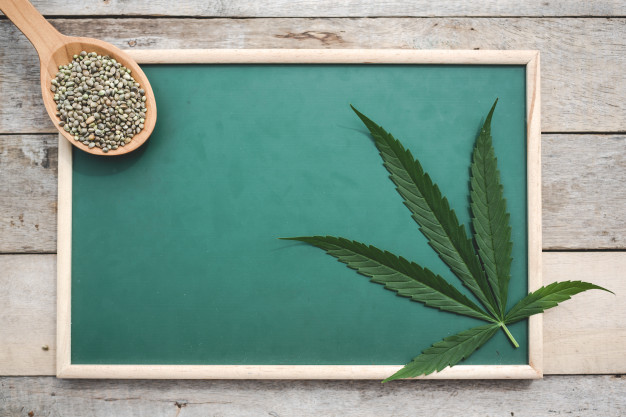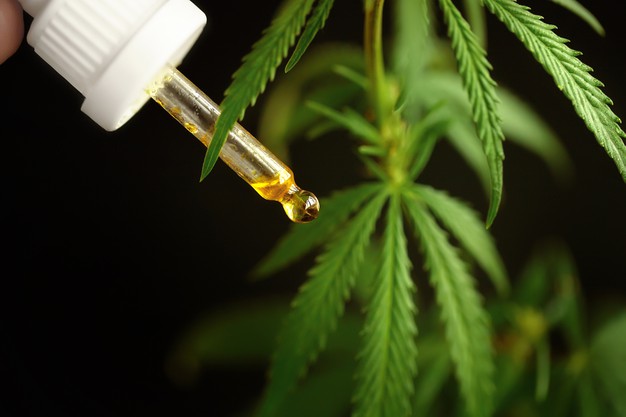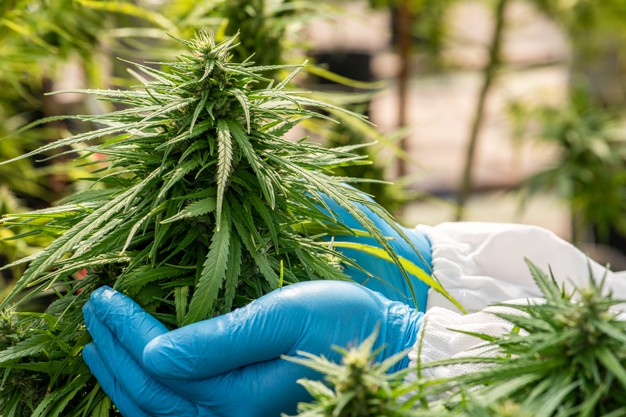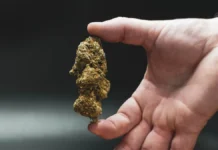
Hemp, weed, pot, ganja, call it the way you see it fit. It is considered across nationalities and cultures as a wonder plant because of its various uses recreationally and medicinally. It has had stellar growth over the past half a century. Most of it is attributed to movements such as the hippie culture of the ’70s in the US, which brought about massive changes in lifestyles, fashion, and the use of marijuana.
This drug was banned at the time. It started small and is a lot larger right now in terms of use. Why was this drug so widely criminalized by kingdoms and governments apprehending people using this plant? Maybe it had to do with the various hallucinogens and prompted us to view reality in a different way altogether?
Whatever the reason was, figures of authority banned its use indefinitely. Still, people have led movements, and with the use of social media, the pressure to legalize it now is higher than ever. The reasons for using this plant vary a lot.
Most people use it for recreational purposes, to relax and relieve themselves of stress. Others use it as a medicinal drug for treating various diseases like glaucoma, high blood pressure, and so on. Check this to know more about what CBD and marijuana are and how it has shaped history in its way.
In this article, however, we’ll be talking about what CBD is and how it is different from marijuana and check how far it is used to treat psychological issues like depression. With that being said, without further ado, let’s get in!
Understanding CBD

CBD is an acronym that stands for Cannabidiol. It is a derivative of the cannabis and hemp plant. Cannabidiol, or CBD, is a natural derivative from the cannabis plant. CBD is a powerful phytocannabinoid, and it is non-psychoactive as well as THC-free.
It has a natural reaction as it reacts to your body’s receptors, especially in the endocannabinoid system. CBD contains various protein building blocks such as Methionine and Tyrosine and is rich in Omega 3, 6, and 9 fatty acids.
These elements help maintain your hair by making it look more full and thicker. It is also known to preserve your natural hair color and, in turn, protect your hair from external factors. These incredible benefits reduce the dependence on synthetic ingredients in hair care and other products. When CBD is coupled along with nonpsychoactive compounds, the result is a chain reaction effect.
The chain reaction effect enhances the inherent qualities of each cannabinoid and releases the naturally occurring molecular mending traits of CBD, CBC, and CBG, benefiting the body and the mind. But how real are these benefits, and to what extent do they affect us? Let’s take a look into how CBD is used to treat anxiety and depression.
CBD Benefits For The Mind

CBD has a direct effect on our endocannabinoid system. The endocannabinoid system is an essential building block for our body’s natural balance, stress response, and general well-being. In short, CBD oil directly stimulates our endocannabinoid system. Because of this, a few studies have shown that Cannabidiol has specific effects on the body, which aid with psychological disorders such as clinical depression. Clinical depression is commonly linked to low serotonin levels. When we increase serotonin in our brains, our brains naturally develop positive effects on our emotions and motor skills.
There are natural ways to increase serotonin levels, including exercise, meditation, a healthier diet, and more. Because of this, people pose a question as to if CBD oil can directly increase our serotonin levels. Cbd can interact with something called the hippocampus, which plays a significant factor in regulating our emotions.
The hippocampus is the region of the brain that is associated primarily with memory. When we experience depression, our hippocampus doesn’t function correctly. Studies show that CBD may help promote neurogenesis or the formation of new neurons in our hippocampus.
Despite the various benefits to the mind through various studies, it is vital to know that these are only a few experiments and studies to consider and infer all of this from. Studies have been conducted over the years, but many of these researches have limitations which means that a lot more studies and observations are needed to understand the inferences and effects that Cannabidiol has on human mental health.
So keep that in mind as we take a look at the research together; another factor to be aware of is that even though there is research to suggest that CBD has antidepressant effects, it’s important to note that many of these studies were conducted on animals. So let’s head back a little bit to the relations between serotonin and CBD.

Some studies suggest that CBD may alleviate symptoms of depression by interacting with our serotonin receptors in the brain. Like we mentioned before, serotonin is a neurotransmitter that has different responsibilities regarding the regulations of our mood.
It helps contribute to feelings of happiness and general well-being. It states here that many antidepressant drugs work by increasing the serotonin levels in the brain. Another study published in 2018 suggested that cannabinoid does not increase serotonin levels.
Instead, it’s shown to work by influencing how the brain responds to the serotonin that is already in there. Another study discovered that CBD has an apparent anti-stress effect that could reduce stress levels related to anxiety and depression.
Research has also been taken on animals, so keep in mind that these may not directly relate to the effect. These same tests would have on humans, but they could provide some proper evidence as to how CBD could treat depression.








